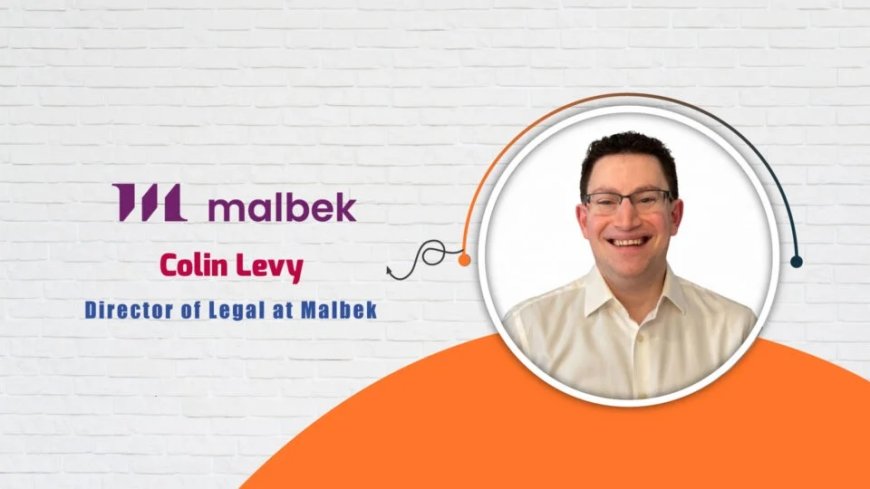Director of Legal at Malbek, Colin Levy - AITech Interview
Know how AI technologies threaten election integrity, including deepfakes and social media manipulation.

Colin, could you elaborate on the concerns you’ve raised regarding AI’s impact on elections?
Answer: When it comes to AI and its impact/role in elections, the challenge is misinformation, generated by deep fakes (e.g. someone’s image and voice being used to propagate false opinions and incorrect information), bot accounts on social media propagating incorrect and/or misleading information and people’s susceptibility these types of behaviors. In practical terms this means that we all need to be more skeptical of what we see, read, and encounter online and be able to verify what we see and hear online.
Could you explain how AI tools for misinformation detection and management can mitigate the impact of false information on voters, as you’ve suggested?
Answer: AI tools are very good at analyzing vast amounts of data. Because of this, such tools could be used/tools could be developed to better detect patterns indicative of misinformation, such as the spread of known false narratives or the abnormal amplification of content. Such tools, if used regularly and correctly*, could help platforms and regulators quickly identify and mitigate the spread of false information and ensuring more accurate information being disseminated online. *However, such tools could also be used to do the opposite, e.g. to ensure that only misinformation is shared, so who has control and use of such tools is a critical factor to account for as well.
From your perspective, how crucial is collaboration between AI companies, governments, and regulatory bodies in addressing AI challenges in elections?
Answer: Combating the risks posed by AI requires thoughtful and systematic collaboration between governments, regulatory bodies, AI companies, and, importantly, AI experts. The use of experts to supplement what these various entities know about AI currently is important as AI continues to evolve and each of us are learning as we go along. Collaboration is crucial for developing standards and norms for the ethical use of AI in elections, sharing best practices for detecting and countering misinformation, and coordinating responses to emerging threats. This includes joint efforts to improve public understanding of AI’s role in information dissemination and to develop technologies that support electoral integrity.
What strategies do you propose to enhance public awareness and education regarding AI’s potential misuse in electoral processes?
Answer: While repeating what I said earlier about not having THE answer, some strategies that strike me as potentially being helpful include launching public education campaigns to inform citizens about how AI can be used and misused in electoral contexts, teaching critical digital literacy skills to help individuals identify misinformation, and being more active and systematic in promoting and creating a better understanding of the mechanisms behind AI-driven content curation and recommendation systems.
To Know More, Read Full Interview @ https://ai-techpark.com/aitech-interview-with-colin-levy/
Related Articles -
Generative AI Applications and Services
Data Management with Data Fabric Architecture
Trending Category - Patient Engagement/Monitoring
What's Your Reaction?
 Like
0
Like
0
 Dislike
0
Dislike
0
 Love
0
Love
0
 Funny
0
Funny
0
 Angry
0
Angry
0
 Sad
0
Sad
0
 Wow
0
Wow
0

















































